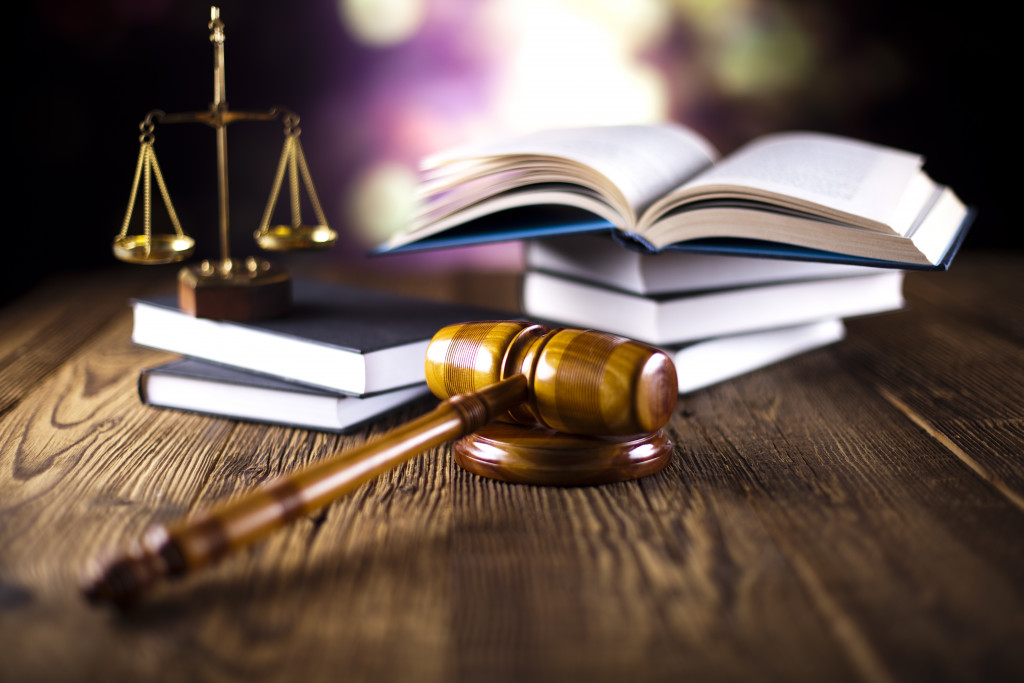It’s apparent how the COVID-19 crisis has disrupted various industries worldwide. The legal sector is no exception. We’ve witnessed legal matters concerning the pandemic restrictions, civil procedures, family matters (child custody, domestic violence, and divorce cases), employment, and even insurance.
Specifically, the pandemic has shaken and challenged the criminal legal system. Think of the possibility of the novel coronavirus spread in jails and prisons and the impact of the pandemic restrictions on legal proceedings.
Fortunately, legal authorities have enforced legal measures that many advocates have long wanted to implement. The pandemic has somehow put the criminal legal system in a positive light.
Let’s look at how the COVID-19 pandemic has surprisingly caused positive repercussions in the criminal legal system. Keep on reading to learn more.
1. Release of prisoners
In the wake of the COVID-19 crisis, the ultimate goal is to stop the spread of the coronavirus and mitigate the COVID-19 infection. This act is to protect health and save the lives of people. Unfortunately, the pandemic has posed a threat to overcrowded jails and prisons.
Think of how one person can get contracted with the novel coronavirus and how the infection can quickly spread inside the prison cells. In fact, over 400,000 prisoners got contaminated with the novel coronavirus. Also, about 2,700 prisoners and 200 staff died due to the COVID-19 infection. These led policymakers to set legal reforms by releasing incarcerated people and cutting arrests.
2. The decline of minor offense prosecution
Legally, we must not tolerate minor offenses to ensure peace and order and avoid chaos and commotion. But in the light of the COVID-19 crisis, legal authorities have made special considerations. Thus, those involved in minor offenses should consider getting a criminal lawyer to avoid prosecution.
For one, Baltimore took a halt in prosecuting individuals having committed minor offenses such as sex work and trespassing. Also, Brooklyn temporarily stopped prosecuting low-level infractions, such as shoplifting and no-license driving. Even Chicago suspended the prosecution of minor drug possession. Ultimately, this legal act challenges the legal system that castigates people suffering from poverty, substance use, and mental health problems.
3. The stop of traffic violation policing

Before the COVID-19 crisis, designated police officers were always on the lookout for drivers bound to commit traffic violations. But during this pandemic, policing has taken a brief hiatus. It makes sense as only a few drivers are hitting the road due to the pandemic restrictions.
Let’s take, for instance, some jurisdictions having stopped policing for a while. They have strictly complied with the legal guidelines set by legal authorities such as the International Association of Chiefs of Police. This guidance has led to fewer traffic stops and lesser issuance of tickets during this pandemic.
4. Amendment in wealth-based pretrial detention policies
It’s evident how many individuals usually get held in jails during pretrial. It typically happens if and when they cannot afford to pay for bail. In fact, about half a million people get detained in jails each day during pretrial because they don’t have money. However, wealth-based detention has somehow changed during this pandemic.
Some states and cities in the US have amended their pretrial detention policies amid the pandemic. As a result, it has significantly reduced the population inside jails. Some states like California have even gone as far as having no bail for people accused of minor crimes.
5. Elimination of unpaid court fines and fees
There’s no denying the impact of court fines and fees imposed on millions of people taking legal actions. Unfortunately, this common legal practice is a way to fund the criminal legal system while making many individuals financially crippled.
It’s good that the COVID-19 pandemic has led some jurisdictions to vacate unpaid court fines and fees. For instance, Maine waived 12,420 unsettled warrants, and Oregon passed a bill to end driver’s license suspensions for outstanding balances. Plus, Dane County canceled the unpaid fines and fees of incarcerated people.
Forging the way for legal improvements
It’s safe to say that the COVID-19 crisis has caused positive repercussions in the criminal legal system. Consider the legal implementation outlined above, from the release of prisoners to the stop of traffic policing to the cancelation of unpaid court fines and fees.
As such, the COVID-19 pandemic has led to a reform in the criminal legal system. It has somehow addressed the issues of overcriminalization, mass incarceration, and over-policing. It has put people’s health and safety a priority over legal punishment. True enough, the pandemic has forged the way for legal improvements, particularly in the criminal legal system.






